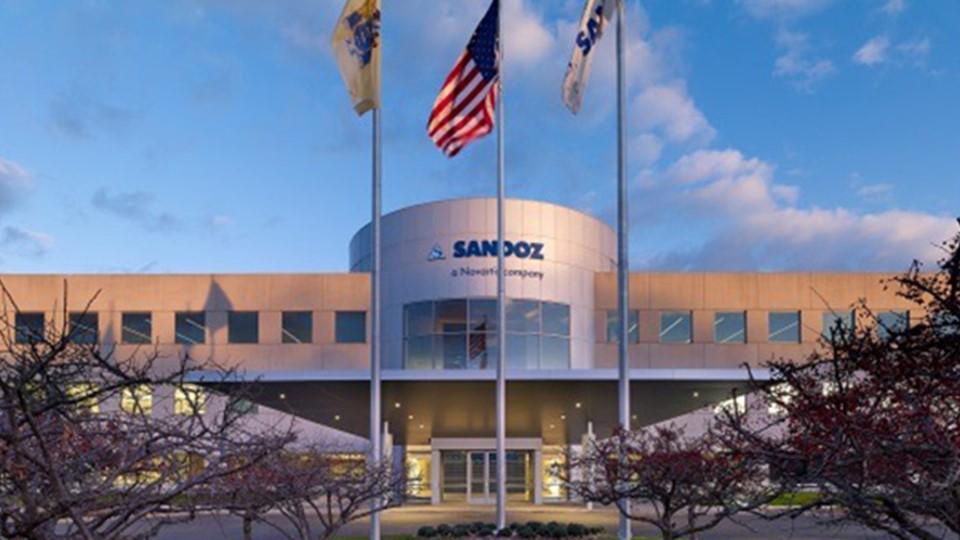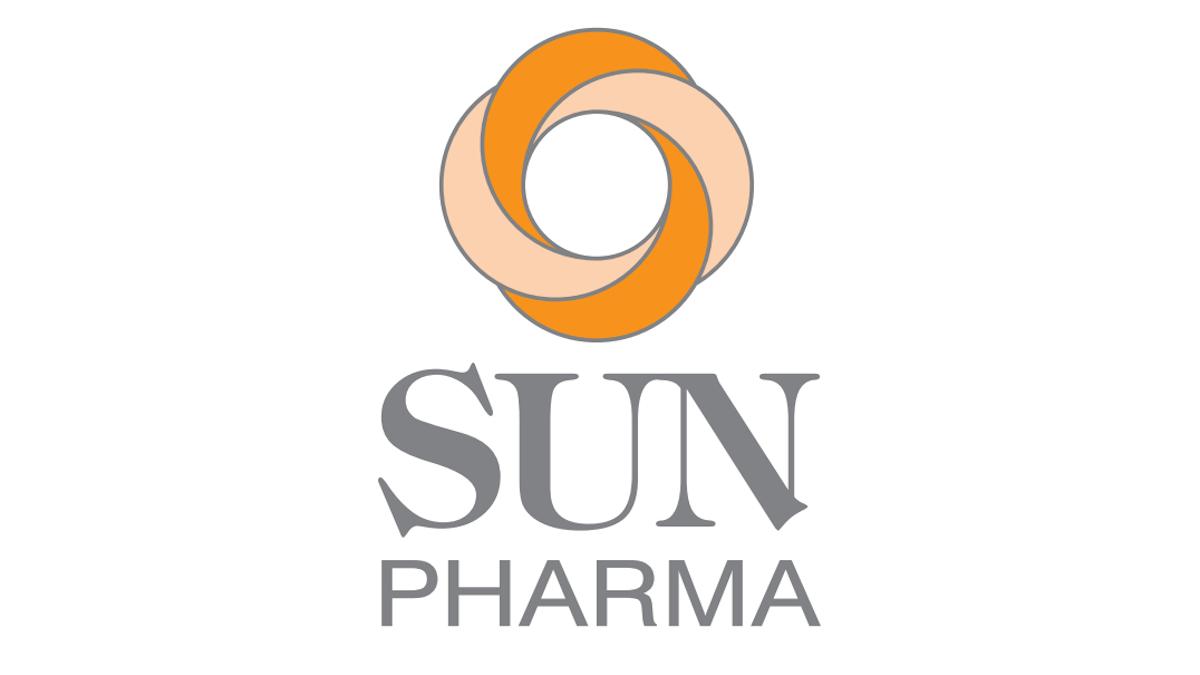Sandoz makes its first post-spinout acquisition

Newly independent drugmaker Sandoz has made its first acquisition since spinning out of Novartis last October, buying a brand from Coherus that will boost its position in biosimilar medicines and the US market.
Basel, Switzerland-headquartered Sandoz has signed an agreement to acquire US rights to Cimerli, a biosimilar of Roche and Novartis’ ophthalmology therapy Lucentis (ranibizumab), from Coherus BioSciences for an upfront cash payment of $170 million.
The deal – which is expected to close in the first half of this year – covers the biologics license application for the biosimilar, all product inventory, as well as sales and reimbursement personnel currently detailing the product in the US.
Lucentis, a VEGF-targeting antibody, is used in the US to treat a series of sight-robbing eye diseases, including age-related macular degeneration (AMD), diabetic macular oedema and diabetic retinopathy, and myopic choroidal neovascularisation.
Sales reached a peak in 2019 when Roche booked $1.8 billion in sales from the drug in the US, while Novartis made $2.1 billion from other markets including Europe, but the brand has seen sales decline sharply after it lost patent protection and biosimilars entered the market.
Roche’s sales of the drug in the first nine months of 2023 were CHF 396 million ($456 million), down 48% on the prior year.
Last October, Coherus said it has distributed 100,000 doses of Cimerli since its commercial launch in the US a year earlier, claiming a 25% market share in the ranibizumab market and the number one position among biosimilars.
At the time, it was the only biosimilar that was fully interchangeable with Lucentis, meaning that dispensers could replace the original brand with the biosimilar at their discretion, while all the other biosimilars in the market needed to be specifically prescribed by a doctor.
Since then, Samsung Bioepis has secured interchangeable status for its Byooviz brand, which was the first ranibizumab biosimilar to be cleared by the FDA in 2021 and launched the following year.
“I am pleased that we can add another high-value product to the growing Sandoz biosimilar portfolio, further strengthening our existing ophthalmology franchise,” said Keren Haruvi, president of Sandoz North America.
Sandoz’ current biosimilar portfolio consists of eight drugs used to treat cancer, and immunological and endocrinological disorders, which generated $1.6 billion out of total sales of $7.1 billion in the first nine months of 2023.
“The addition of Cimerli reinforces our commitment to biosimilars and represents a huge step towards our goal of pioneering patient access to more affordable and much-needed medicines in the US,” added Haruvi.
Biosimilars are near-copies of complex biologic drugs grown in cells, that have been analysed and tested in trials showing that they have the same safety and efficacy profile as the originator drug.
Because the approval process is more complicated and the products themselves are expensive to produce, biosimilars are not sold at the rock-bottom prices of generics, but still come with a sizeable discount compared with the originators, cutting healthcare costs.













